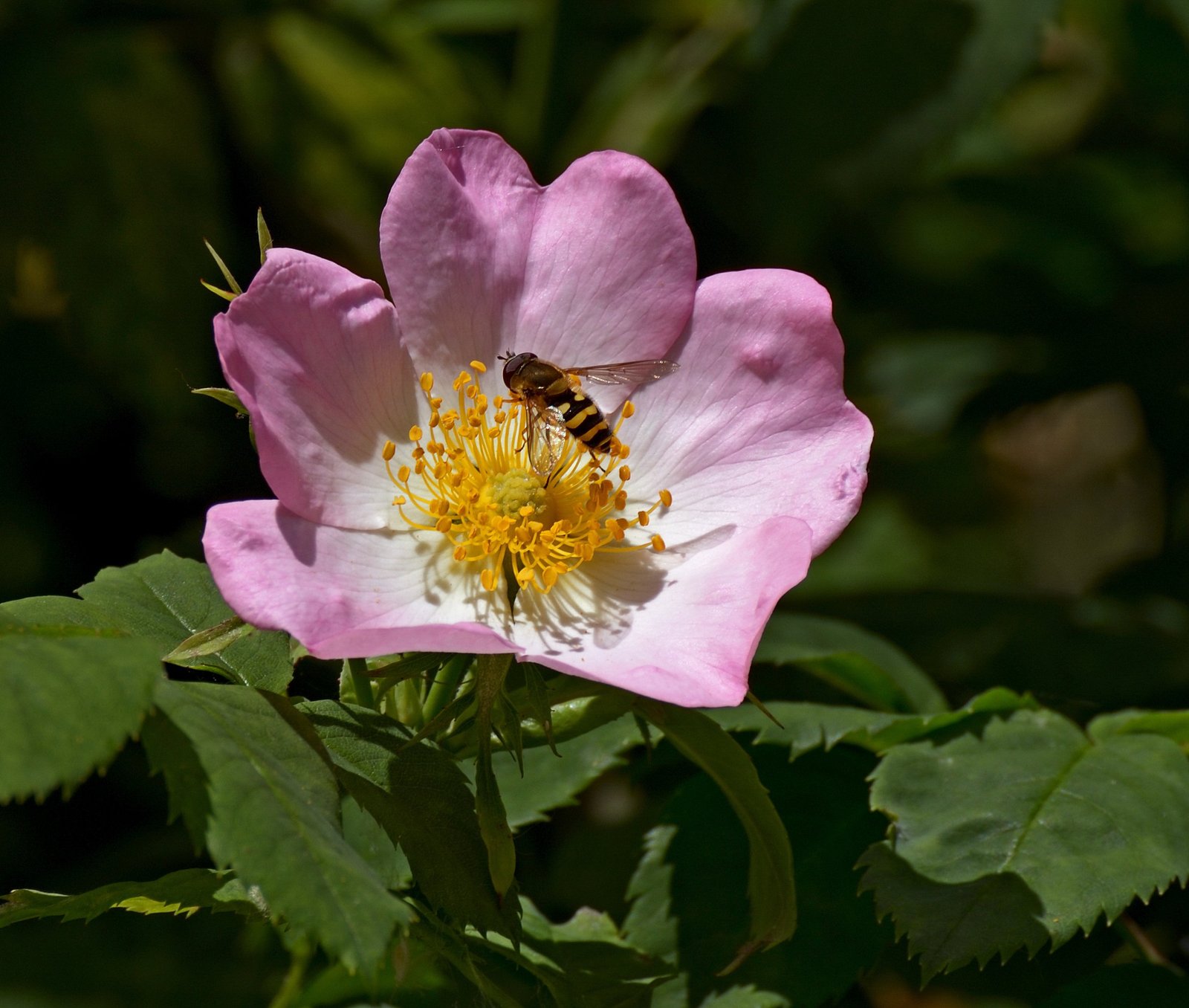Does Rose Water Have Antibacterial Properties?

Rose water, derived from the petals of the Rosa damascena plant, has been traditionally used for its various therapeutic properties, including its potential antibacterial effects. Several scientific studies and clinical trials have investigated the ability of rose water to inhibit the growth of different bacterial strains.
What Does the Research Say?

Scientific Studies and Clinical Trials on Rose Water’s Antibacterial Effects
Multiple studies have evaluated the antimicrobial properties of rose water, rose extracts, and rose oil against various bacteria:
- A study found that while rose water did not completely inhibit bacterial growth, it showed a significant reduction in microbial growth, particularly against Staphylococcus aureus, Enterococcus faecalis, Escherichia coli, Pseudomonas aeruginosa, and Candida albicans.
- Another study using the agar well diffusion method reported that rose extract was most effective against Staphylococcus aureus and showed intermediate zones of inhibition against E. coli and Pseudomonas aeruginosa.
- A study investigating the effects of rose water on Candida albicans and methicillin-resistant Staphylococcus aureus (MRSA) found that rose water inhibited mycelial growth of C. albicans and reduced the viability of MRSA within 1 hour.
Chemical Composition and Mechanisms of Action
The antibacterial properties of rose water are attributed to the presence of various chemical compounds, such as:
- Flavonoids and polyphenols, which can interfere with bacterial cell wall synthesis and replication processes.
- Essential oils, like oleic acid, which contribute to the antimicrobial effects.
- A combination of polyphenols and other bioactive compounds in hydroalcoholic and aqueous rose extracts, which have shown better antibacterial activity compared to rose oil.
Practical Applications and Usage Guidelines
Rose water has several practical applications as an antibacterial agent:
- Skin care and wound healing: Rose water can be used to treat skin infections and reduce inflammation caused by microbial infections.
- Food preservation: Rose bud extract has been suggested as a natural antimicrobial agent for maintaining food safety, particularly in cooked pork, by inhibiting the growth of Staphylococcus aureus.
- For topical use, rose water can be applied at concentrations that have been shown to inhibit microbial growth (e.g., around 2.2% for C. albicans).
Challenges and Limitations
While rose water has shown some antibacterial properties, there are also some challenges and limitations:
- Variable efficacy: The antibacterial efficacy of rose water can vary depending on the concentration and the specific bacterial strain.
- Comparison with other agents: Rose water’s antibacterial activity may not be as potent as some antibiotics.
- Potential side effects: High concentrations or prolonged use of rose water could potentially cause skin irritation or allergic reactions.
In conclusion, the available research suggests that rose water does possess some antibacterial properties, particularly against certain bacterial strains like Staphylococcus aureus and Candida albicans. However, its effectiveness may be limited, and it should be used with caution, especially in high concentrations or for prolonged periods.
Reference:
- Evaluation of Antimicrobial Effects of Rose Water: https://doaj.org/article/06d1c438efab4b8e96abd893f5f92548
- Antibacterial Activity of Rose Extract: https://lupinepublishers.com/complementary-alternative-medicine-journal/fulltext/antibacterial-activity-of-the-rose-extract.ID.000144.php
- Antibacterial and Anti-Trichomonas Vaginalis Effects of Rosa damascena: https://bmccomplementmedtherapies.biomedcentral.com/articles/10.1186/s12906-021-03434-8
